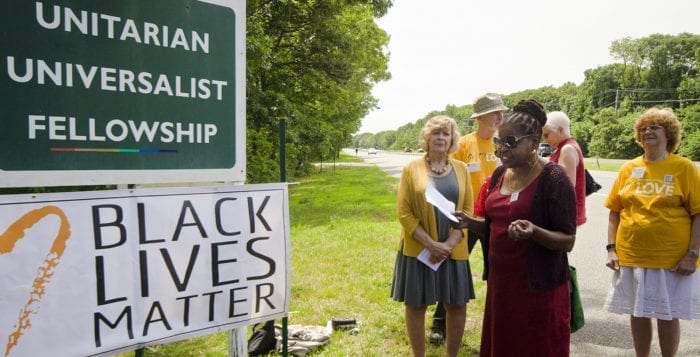One of the things that instills great pride in North Shore residents is the unparalleled natural beauty of the place we call home. We are grateful to those who came before us for their discernment and diligence in protecting and preserving that — which, once developed, is lost forever.
Conservationists and environmentalists have worked to ensure that open spaces, clean water, nature preserves and pine barrens will continue to exist for future generations to enjoy.
A controversy is roiling Long Islanders and activists nationwide, over the proposed sale of Plum Island by the federal government. In 1954, the island was the secured location of an animal research facility run by the U. S. Department of Agriculture. More recently, responsibility for the island has shifted to the Department of Homeland Security.
Today, Plum Island, an important, pristine, ecological habitat, is in danger of being sold to a developer. The island has seen little human traffic in the last 70 years, which has enabled about 80 percent of the land to revert to its natural state. It is now home to some of our most imperiled species.
As the Plum Island Animal Disease Center has become outmoded, plans are afoot to create a new center in Manhattan, Kansas. To defray the cost of the new facility, the government wants to sell the 843-acre coastal island to the highest bidder.
We applaud the efforts of Congressman Lee Zeldin (R-Shirley) to block the proposed sale. The House of Representatives has passed two of his legislative proposals to date. Zeldin urges the Senate to act and pass the proposals as well, and we agree with his sentiments. We are hopeful that we can pursue a better direction for Plum Island than just private ownership, one that would allow for continued research, public access and permanent preservation.











